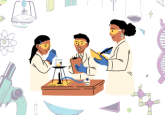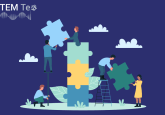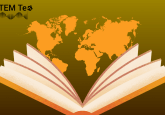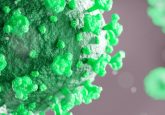Talking Techniques | Establishing an epigenetic lens to explore cancer and infectious diseases
We are talking all things DNA methylation in this episode, with a brief explanation of epigenetics and the technologies involved in the study of DNA methylation, before exploring the application of these techniques in the study of infectious diseases and cancer.
Revealing all of this information is my guest Chloé Goldsmith, Postdoctoral Research Fellow at the University of Canberra (Australia), whose research focuses on DNA methylation, hepatitis B virus (HBV) and the link between lifestyle and the epigenome. Chloé explains the strengths and weaknesses of the different techniques used to explore DNA methylation and highlights the advances in long-read sequencing that are dramatically improving this aspect of epigenomic research.
Chloé also discusses some of the most interesting insights that she has gained by taking a single-cell and single-molecule approach to her research and highlights some recent findings in the field that have caught her attention and broadened our understanding of epigenetics in disease.
Listen today to find out what functions remain to be improved for more insightful epigenetic studies and for some key insights into the future of the field.
Contents:
- Introduction: 00:00-01:45
- Introducing epigenetics and the different types of epigenetic regulation: 00:45-02:55
- Techniques involved in the exploration of DNA methylation: 03:55-05:50
- Challenges of bisulfite conversion techniques: 05:50-07:15
- Recent developments in DNA methylation technologies: 07:15-09:40
- Long reads vs short reads for epigenetic studies: 09:40-10:45
- Epigenetics in infectious disease research: 10:45-13:15
- Lifestyle, the epigenome and HBV: 13:15-16:00
- Epigenetics in cancer research: 16:00-18:05
- Recent developments in our epigenetic understanding of disease: 18:05-19:40
- One area of technology that needs to be improved: 19:40-21:50
- Aspirations for the field: 21:50-23:25





